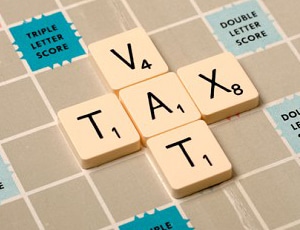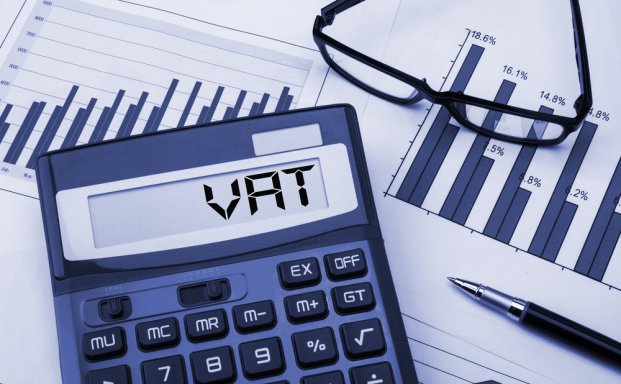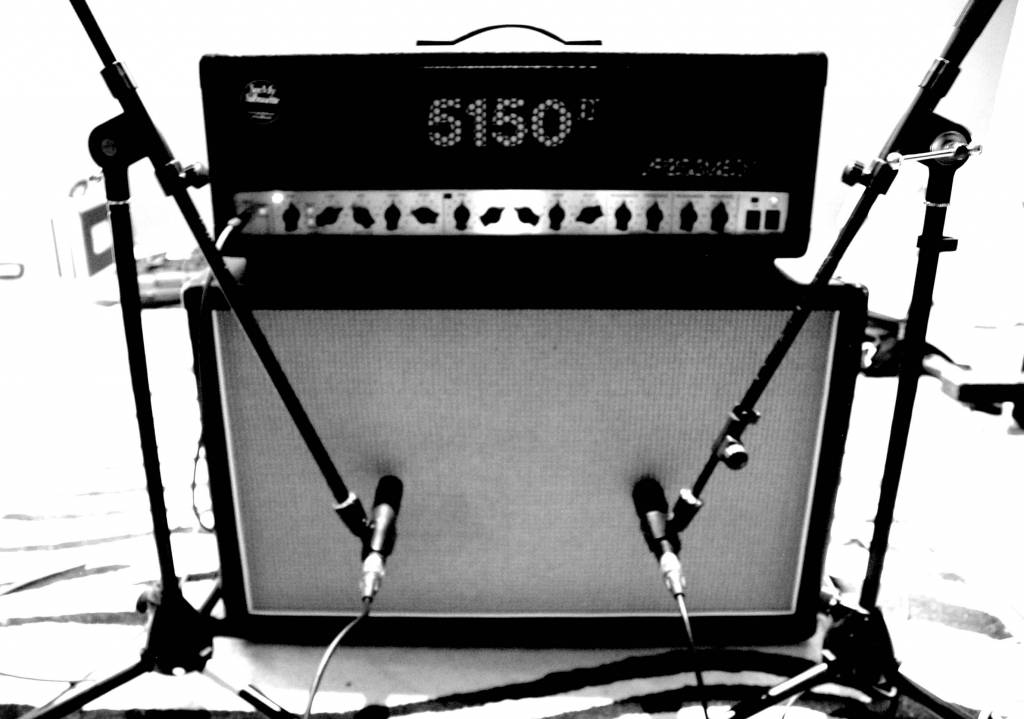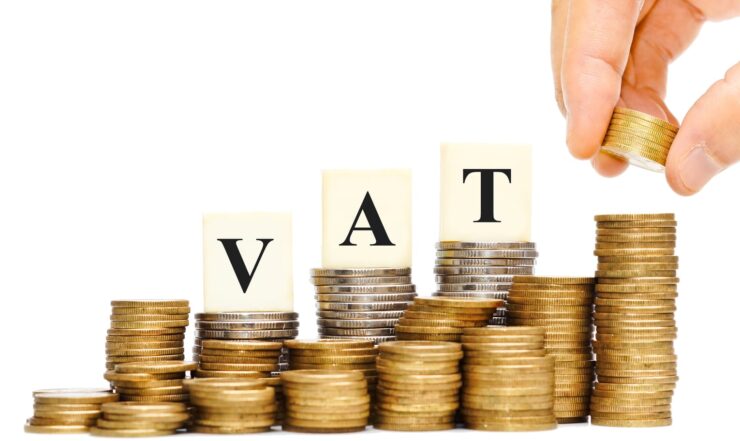Value Added Tax (or VAT) is often discussed in the business news in relation to a whole host of products and services, but how does it apply to bands and solo musicians? Should you be registered and adding it on to your bill?
In this Last Minute Musicians blog, we’ll try and answer all of your questions about VAT and how it applies to your situation. If you’re wanting to learn more, you might also want to check out our other blog Tax for musicians – how does it work?
What is VAT?
VAT stands for Value Added Tax. Registered companies will pay VAT to HMRC and charge it on a whole range of goods and services, with the current standard rate of VAT being 20%.
Once registered, you may also claim back the VAT on legitimate business related purchases. For musicians, this may include instruments and other such purchases.
When should I register?
You are free to voluntarily register for VAT at any time, but you legally have to register when your annual taxable turnover moves over £90,000. It is really important to remember that this is not simply your profit on sales, but your overall income from sales. You can appoint an accountant to deal with your affairs on your behalf and it is highly advisable to consult with an accountant when considering registering for VAT.

If your band is currently set up as one of the following (obviously some being more relevant than others) it can register to pay and claim back VAT:
- Sole proprietors
- Corporate bodies (eg Limited Companies)
- Unincorporated bodies (eg clubs and societies)
- Partnerships, including Limited Liability Partnerships, limited partnerships, Scottish partnerships and Scottish limited partnerships
- Trusts
- Local Authorities
If your income is highly flexible and may only temporarily go above the VAT threshold, it is possible to come to a temporary arrangement with HMRC rather than a permanent one. You must notify HMRC on the potential threshold breach and come to this agreement.
How do I register?
HMRC is the government department responsible for collecting and registering companies for VAT. You can register by heading over to their website and creating an online VAT Account.

Once you have done this, you’ll receive a VAT certificate and number, with a date for “effective date of registration” (either the date you went over the threshold or voluntarily registered) and you will then be able to submit VAT returns to HMRC.
Your VAT responsibilities
The Gov.uk website lists 4 key responsibilities associated with Value Added Tax:-
- Charge the right amount of VAT
- Pay any VAT due to HMRC
- Submit VAT Returns (Statements of how much VAT you’ve charged and how much you’ve paid, usually filed every 3 months.)
- Keep VAT records and a VAT account
What should I be charging VAT on?
As a musician, there are 4 likely areas where you might need be charging VAT. These are live performance, recording work, digital downloads and the sale of goods (like CD’s).
The MU Website has this to say about VAT with regard to some of these specific areas:
Services — live performances:
With effect from 1 January 2011, fees for live performances will be treated as supplied where the customer belongs, when that customer is a business, rather than treated as supplied where the performance takes place. More detailed guidance is available in the article, Change In Place Of Supply Rules For VAT, which can be downloaded from HW Fisher and Company

Services — recorded performances:
Where a musician’s performance is recorded and a fee and/or royalties are received for the supply of this service, the supply is deemed to take place where it is received or, in other words, where the customer belongs.Accordingly, if fees or royalties are received from outside of the UK, these will not attract UK VAT. However, there is an additional rule for fees or royalties received from elsewhere in the EU (European Union). In order for UK VAT not to apply on EU royalties, the person paying the fee or royalty must be in business themselves and the proof of that status is their VAT number in their EU country of belonging.
Accordingly, for fees or royalties received from inside the EU, an EU VAT number should be obtained by the musician.
Goods:
Goods, for example CDs, exported outside of the EU are zero-rated for VAT purposes, provided that valid export evidence is retained.For goods sold to persons in other EU countries, the following rules apply:
1. Goods sold to private individuals in other EU countries are subject to UK VAT at 20%
2. Goods sold to businesses in other EU countries are not subject to UK VAT, provided the business has a VAT number in its EU country and that the number is obtained by the musician for inclusion on the sales invoice.”Digital downloads are treated differently to other products, as their sale may technically take place anywhere in the world. The determination of VAT on the provision of digital services will depend on the “place of supply” and whether you are selling to a business or a consumer.
Currently, for sales inside the EU:
Since the UK has now fully left the EU, the rules for VAT on cross-border digital sales have changed. According to GOV.UK:
- If you sell digital services (such as music downloads or streaming) to consumers in the EU, you no longer use the UK VAT MOSS (Mini One Stop Shop) scheme.
- Instead, you must either register for VAT in each EU country where you sell to consumers or use the non-Union VAT OSS (One Stop Shop) scheme in an EU member state.
- The VAT rules in each EU country may differ, so it’s important to check local thresholds and requirements.
If you’re a MU member, you can seek help on this (and many other areas of VAT law) from their preferred financial partners, H W Fisher.
Why might a band want to register for VAT?
The main argument for bands registering for VAT is that it adds a very overt level of legitimacy to the client and one of the big problems bands suffer from is perception.
A minority of prospective clients may not consider hiring musicians to be the same as other working professionals. Seeing that a band is charging VAT reassures a potential customer that their operation is legitimate and professional.
Once registered, there is also the ability to claim back VAT on legitimate business related purchases, fuel, travel, hotel bills and other business expenses that can really add up when on the road with a professional band.

You can claim back VAT on your musical purchases!
Further reading:
- https://www.gov.uk/vat-returns
- https://www.gov.uk/pay-vat
- https://www.gov.uk/reclaim-vat
- https://www.gov.uk/vat-record-keeping
- https://www.musiciansunion.org.uk/Home/Advice/Your-Career/Tax/Value-Added-Tax
Remember, it is strongly advisable seek advice from a Tax Expert or Accountant before changing your tax situation. You can find more information on the Musicians’ Union, Gov.UK or HMRC Websites. Did you find registering for VAT helpful or a hindrance? Let us know in the comments below…
Share this:



















